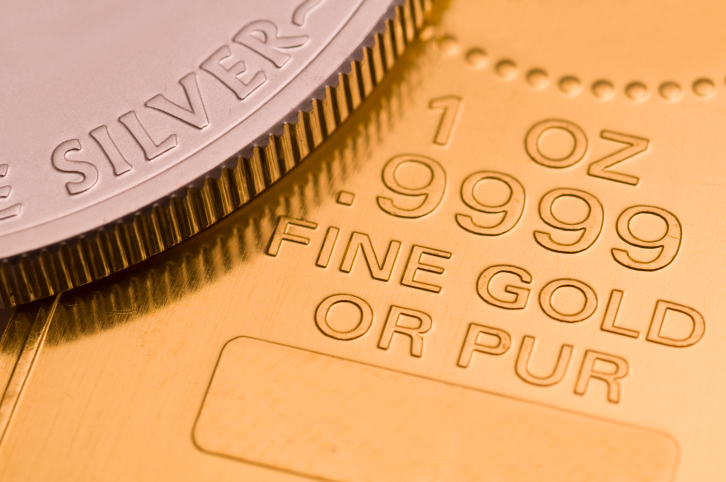Banking, finance, and taxes
World Central Banks Want Their Gold at Home -- Should Investors? (GLD, GDX)
Published:
Last Updated:
In an effort to meet their rising debt obligations, central banks around the globe have been printing money at a frantic pace. This phenomena is also leading to a global battle in which countries purposely weaken their currencies in an effort to increase their exports. Japan yesterday raised its inflation target from 1% to 2% and will be buying 13 trillion in yen-based assets per month starting in January 2014. The most interesting part of this global race to reinflate economies and weaken currency? Central banks are bringing most of their gold back to within their borders.
Germany announced last week that the Bundesbank would begin repatriating gold reserves held overseas. The central bank said it wanted to keep more than 50% of its gold reserves at home, up from slightly less than one-third currently. The Bundesbank will move all its gold reserves now held in Paris back to Germany and reduce its reserves held in New York City.
Why are the central banks doing this? It is very simple. Gold tends to rise and fall with changing government economic policies. The trend in a world where nations are swamped with stagnant economies and dropping export demand is massive stimulus like we have seen here in the United States. Massive stimulus and printing money to pay for it ultimately leads to inflation. Central banks are hedging themselves against their own actions.
China is the second largest economy in the world, yet the only the sixth largest holder of gold in the world. According to the World Gold Council, the People’s Republic is increasing its holdings at a quickening pace. Why? Because gold is real money in a paper money world. It cannot be printed at a central banker’s whim. If China really accelerates its gold purchases by exploiting its huge cash reserves to become the number one holder of gold in the world, prices could skyrocket.
So how does the individual investor participate and protect against the decline of the U.S. dollar? The simple route is to own the SPDR Gold Shares (NYSEMKT: GLD) exchange traded fund. Another route is to own a basket of gold mining stocks via the Market Vector Gold Miners ETF (NYSEMKT: GDX).
There is a time when all bills come due. If those bills are paid with freshly printed currency, the end result is inflation and weaker currencies. Gold will rally the most where currencies weaken the most. When governments around the world are making it a priority to have their gold at home and owning more of it, investors should as well.
The average American spends $17,274 on debit cards a year, and it’s a HUGE mistake. First, debit cards don’t have the same fraud protections as credit cards. Once your money is gone, it’s gone. But more importantly you can actually get something back from this spending every time you swipe.
Issuers are handing out wild bonuses right now. With some you can earn up to 5% back on every purchase. That’s like getting a 5% discount on everything you buy!
Our top pick is kind of hard to imagine. Not only does it pay up to 5% back, it also includes a $200 cash back reward in the first six months, a 0% intro APR, and…. $0 annual fee. It’s quite literally free money for any one that uses a card regularly. Click here to learn more!
Flywheel Publishing has partnered with CardRatings to provide coverage of credit card products. Flywheel Publishing and CardRatings may receive a commission from card issuers.
Thank you for reading! Have some feedback for us?
Contact the 24/7 Wall St. editorial team.